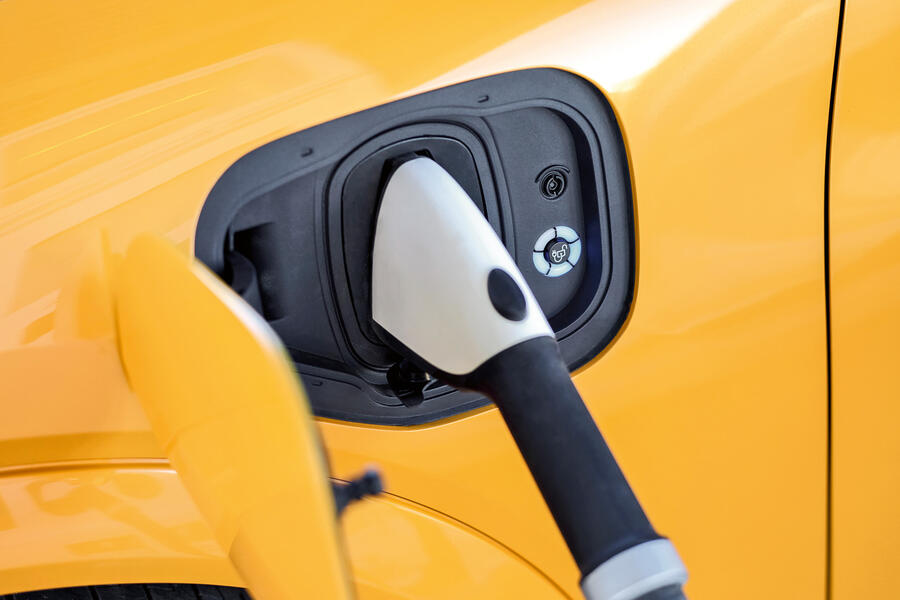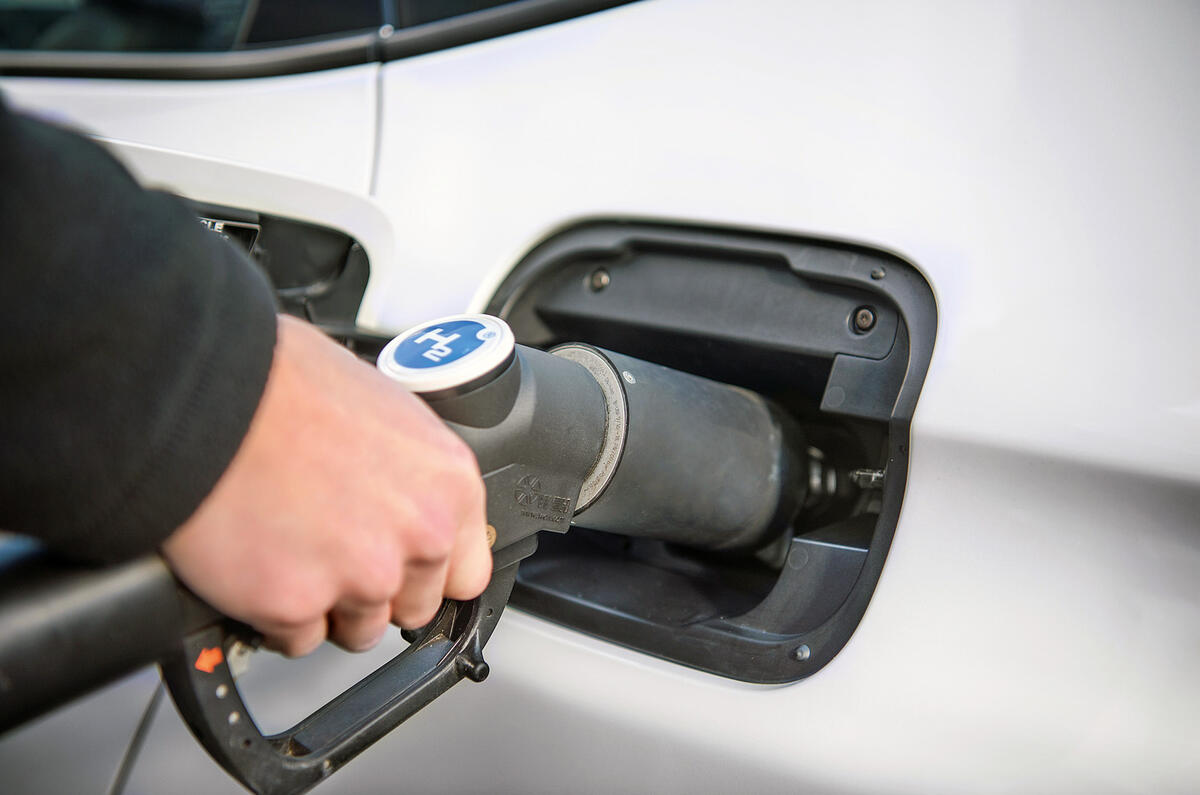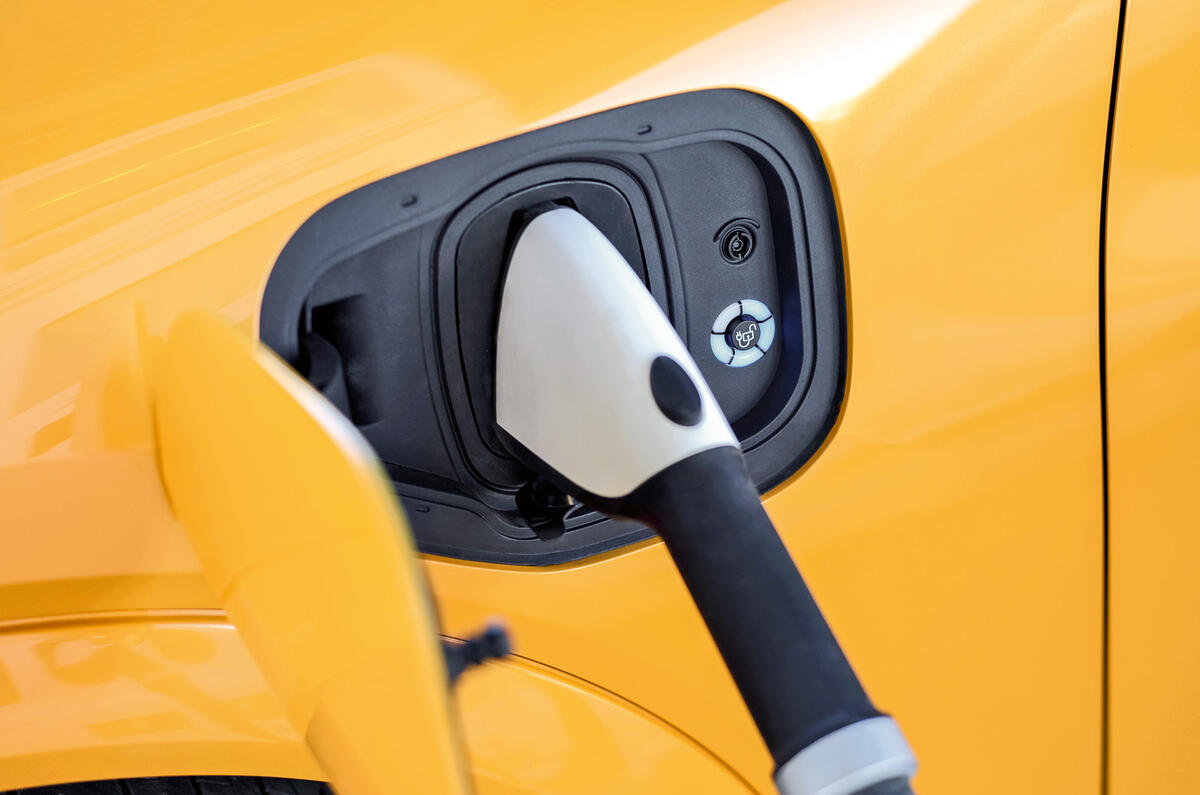Way back in 1999, General Motors hydrogen fuel cell pioneer Byron McCormick coined the phrase ‘energy security’, saying: “There may even be war and peace issues.” How right he was, and if ever there was a time to focus minds on the urgent need for sustainable energy, this is it.
Apart from fuel cells, there’s a slow but growing trend towards developing hydrogen combustion engines. JCB is proving that with its work on hydrogen-fuelled combustion engines and Toyota is exploring the same concept with car engines.
It has been tried in the past, of course, with port-injection petrol engines, but the poor volumetric efficiency of burning hydrogen gas in an engine designed for atomised liquid fuel meant vastly reduced specific power (bhp per litre) and greater emissions. Direct injection and high compression ratios in specially crafted combustion chambers have changed that, which is why JCB and Toyota are succeeding with the latest engine and electronic hardware.
That said, there are plenty of eminent engineers and scientists working in the field of sustainable energy who view batteries as a better solution for storing electricity than hydrogen. They point out that the process of sustainably generating electricity, then making hydrogen from it, then consuming energy to compress it and then yet more to deliver it to a vehicle is far less efficient than simply making electricity and storing it in a battery.
It may be possible to improve the energy equation in one leg of that process, though, by compressing the hydrogen as it’s produced through the use of high-differential electrolysis rather than a mechanical pump. Conventional electrolysers produce hydrogen at relatively low pressure, but the ‘high output pressure’ design (first tested by Honda in 2010) has since been used to fill the compressed hydrogen tanks of fuel cell cars at 300 bar. Now it’s capable of filling them at 700 bar, the pressure needed to achieve range with a hydrogen fuel cell on a par with that of conventional cars.
Apart from improving energy efficiency, there are operational benefits, too. In existing retail installations of hydrogen filling stations, 13% of the time spent on maintenance goes on mechanical compressors, an overhead that could be removed from the equation.

Interest in hydrogen as a domestic gas is increasing and trials in the UK are ongoing to assess the viability of diluting natural gas with 20% hydrogen. At Cop 26, the government announced the Whitelee project near Glasgow, which will generate and store enough green hydrogen to power 225 buses from Glasgow to Edinburgh on a daily basis. The hydrogen will be generated by the Scottish Power Whitelee Windfarm and converted to hydrogen by what will be the UK’s largest electrolyser to date, produced by ITM Power.







Join the debate
Add your comment
Currently there has never been a time when the UK has run on 100% renewables so there has never been spare capacity to generate hydrogen. Last year the UK averaged around 25% renewables and in ideal conditions rarely goes above 40% so a long way to go before hydrogen can be considered green. The hydrogen currently being produced using renewables is diverting energy from the grid which is replaced by fossil fuels ... bit pointless!!
This almost reads like an admission that hydrogen powered cars are fallacy, at last autocar are getting it.
A breakthrough balanced article about hydrogen in Autocar. Yippee! Yes, green hydrogen can and should be a major source of zero carbon energy for freight, busses and even heating. No, it doesn't stack up environmentally or practically for mainstream cars.
The same issues for hyrdogen cars are even worse for all of those applications. For commercial vehicles are greater fraction of their cost of operation is fuel as they spend more hours working and do higher mileage.
For heaing this is a total red herring that is fuelled by fossil fuel interest lobbying.
20% hydrogen in the gas pipes is by volume not energy content in which case it is more like 6%. Ergo you are still burning 94% matural gas, to go beyond that you end up needing to totally refit the gas network with new seals, pumps and valves.
You still have the same issues that production of energy via the hydrogen vector is massively inefficient. It's much better to use said electricity in heat pumps (you can always store the heat too) rather than produce hydrogen.
The fossil fuel industry know hydrogen isn't a particulary good idea but:
I agree with most of that. What pleasantly surprised me was that for once Autocar wasn't buying into the fuel lobby hydrogen green washing. I still argue that in many circumstances long distance haulage, whether by HGV or boat would be better served by hydrogen fuel cell than the sort of enormous battery they would otherwise require. Much more practical to have hydrogen replenishment at truck stops than to be rapid charging a 1gWh battery pack I'd have thought.
I agree with most of that. What pleasantly surprised me was that for once Autocar wasn't buying into the fuel lobby hydrogen green washing. I still argue that in many circumstances long distance haulage, whether by HGV or boat would be better served by hydrogen fuel cell than the sort of enormous battery they would otherwise require. Much more practical to have hydrogen replenishment at truck stops than to be rapid charging a 1gWh battery pack I'd have thought.